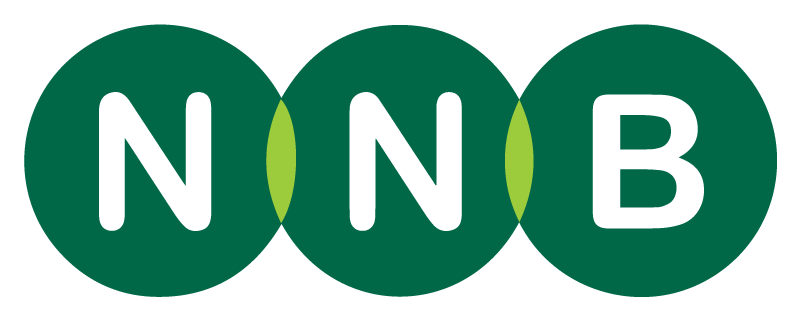BY LAURA MULROONEY
NNB Reporter
[Edited By Ivelliam Ceballo]
Twenty-five percent of Pinellas County’s underage population has no idea where their next meal will come from, the definition of chronic hunger.
Approximately 86 percent of people in this country take for granted food choices available to them, according to the United States Department of Agriculture.
While food is freely distributed throughout the city at numerous food banks and outreach programs, what prevents residents from being food and nutrition secure?
Supplemental Nutrition Assistance Program (SNAP) is a federal nutrition assistance program, not a cash assistance program. Similarly, Women, Infants and Children (WIC) offers food for low-income women who are pregnant or have children under the age of 5.
SNAP and WIC nutrition programs are used interchangeably with the word welfare, which causes confusion and misunderstanding for those who might qualify for the programs but never apply because of a perceived stigma.
Participation in the SNAP program has dropped by more than a million people since October 2014. October 2015 marked the fifth straight monthly decline. Even as more people are applying for benefits, about 20 percent of eligible applicants will not receive them, according to the Food Research and Action Center.
Why the decline?
Beth Houghton, the executive director of St. Petersburg Free Clinic, believes awareness is the biggest problem.
“Many families don’t know they qualify for food assistance like SNAP, commonly referred to as food stamps,” said Houghton. “Many families are unaware of the qualifications they need to benefit from this federal program. Education about available programs and resources is key.”
Some groups are working to raise awareness.
The St. Petersburg Free Clinic Food Bank started advertising with other area food banks to share food resource information using social media.
Did you know 1 in 4 children in Pinellas County are chronically hungry?
Posted by St. Petersburg Free Clinic on Tuesday, August 25, 2015
Tampa Bay Network to End Hunger provides education initiatives and resources through the University of Florida Extension program which includes help with finances, nutrition and home gardening.
The Food Research and Action Center provides dedicated web space for research including resources on nutrition and healthy living. Short pre-screenings to determine eligibility can be done online for SNAP and WIC.
Still, the suffering from chronic hunger persists and it’s not always visually apparent.
There is a fear of being stereotyped, the stigma behind being a welfare recipient is harsh in a world where the rich are idolized and the poor are ignored.
27% of people in Midtown are at or below poverty level, which is much higher than the state’s average of 17%. city-data.com
Links to Program Prescreening
NNB reporters Esteban Rodriguez and Marla Korenich contributed to this report.
